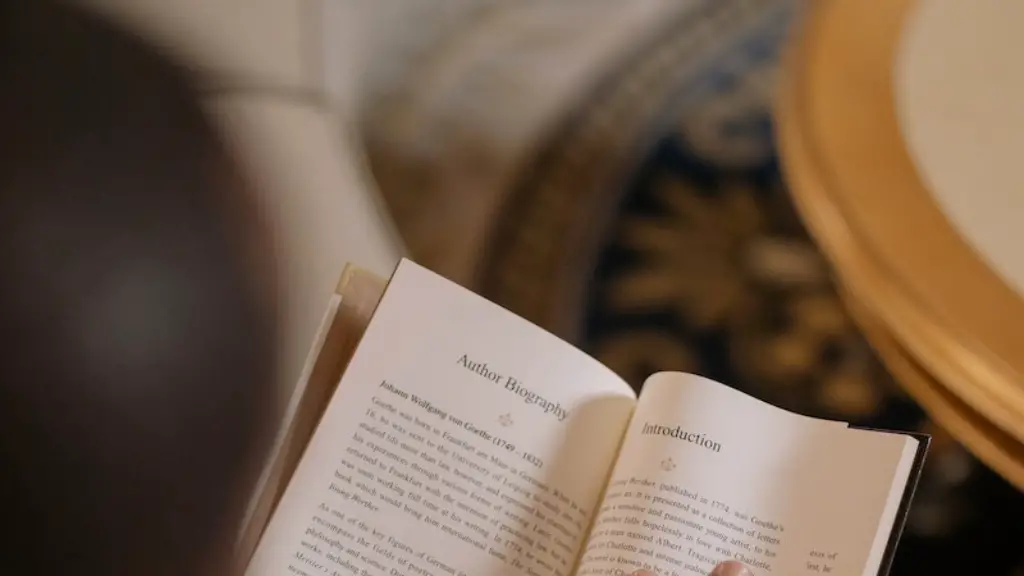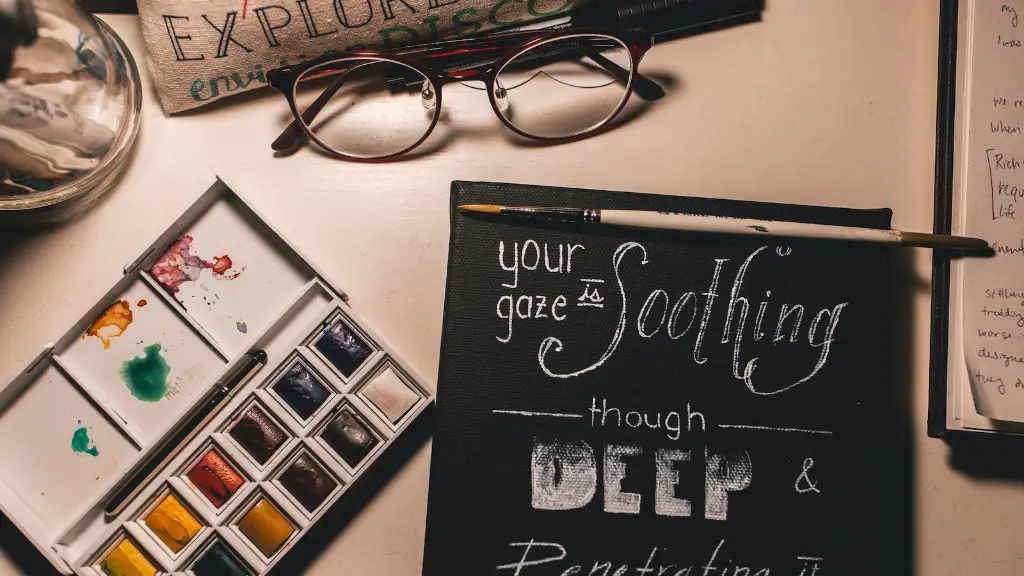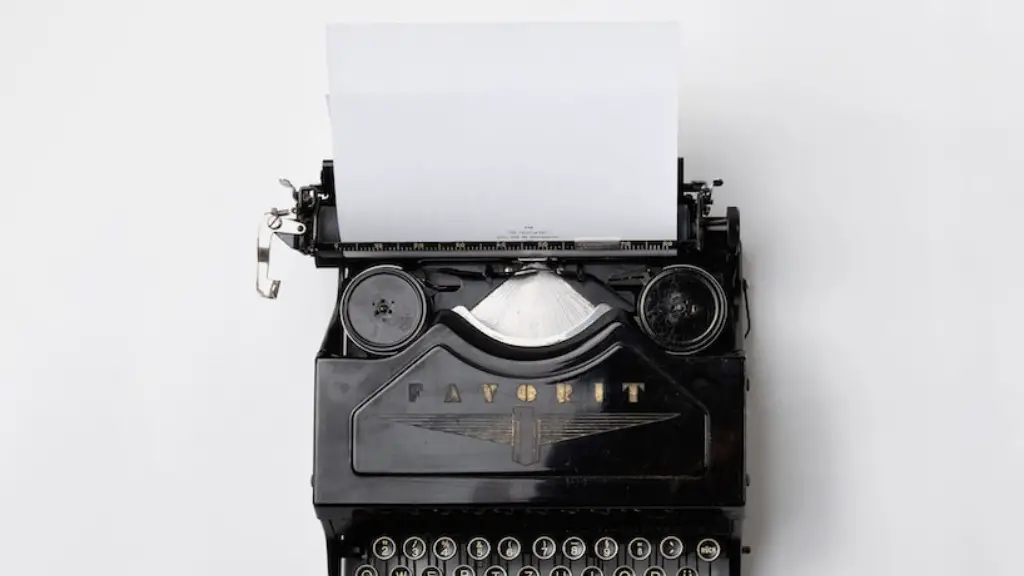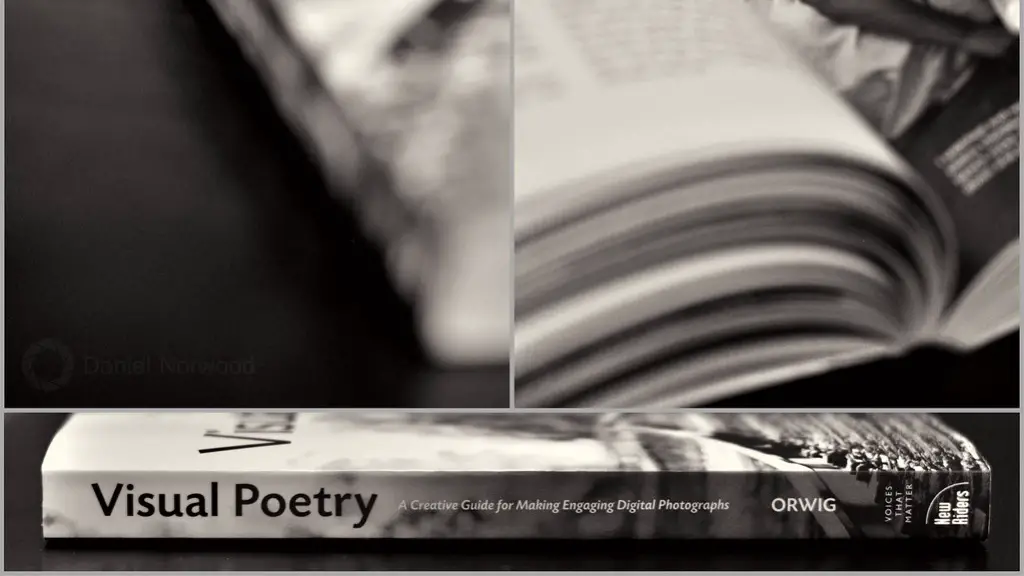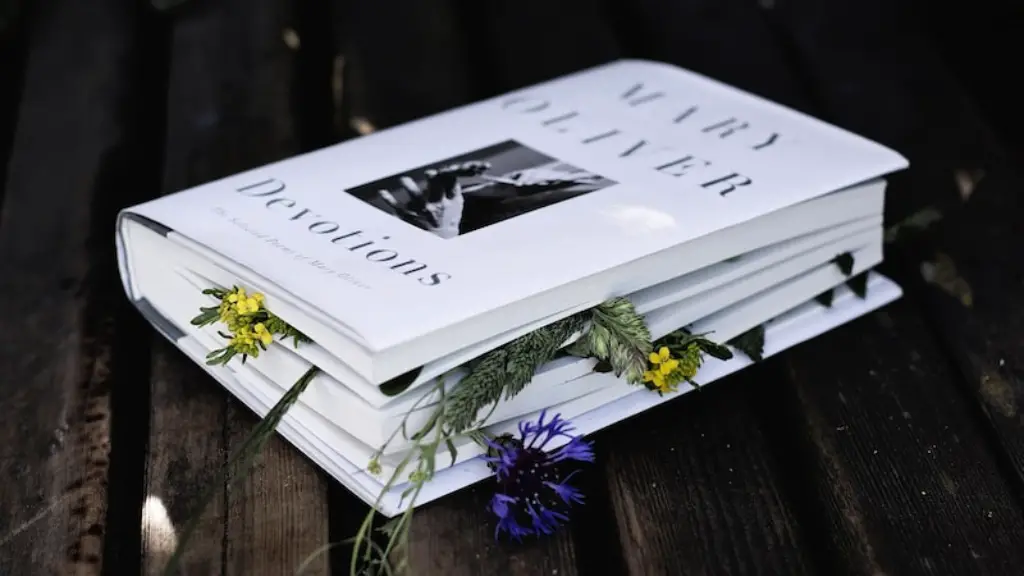Ancient Times
Since ancient times, poetry has had an important role in the culture of different societies. In ancient Mesopotamia, for instance, the written text was mainly composed of hymns, poems and prayers for gods. In Egypt, The Book of the Dead is a great example of poetry used for funerary rituals and supernatural protection of the deceased. Similarly, The Rigveda in India is an anthology of hymns and religious verses. The written tradition of China and Japan ranges from Confucius’s wisdom to folk poems and lyrical ballads.
As far as Europe is concerned, oral tradition has been of great importance in the development of literature through rhapsodists, singers and storytellers. Two of the first most renowned authors in Ancient Greece were Homer and Hesiod. Their epics, Iliad and Odyssey, would inspire other Greek authors such as Thespis and Aeschylus.
In the Middle Ages, troubadours, minstrels and lyric poets were all part of the poetic world. Authors such as Dante, Chaucer and Boccaccio are excellent examples of the literary tradition in Europe during the Renaissance. During this period, the poetry often dealt with themes related to love and romance.
Enlightenment and Romanticism
Fast forward to the 18th century, with the rise of the Enlightenment. This period was characterized by advances in reason and science, and an interest in human progress. During this time, poetry was mainly composed for political or educational purposes. It was common to write odes to celebrate the royal family or the army. Enlightenment poets were often concerned with the moral aspects of life, and they carefully explored the nature of faith, reason and science.
The 18th century also saw the rise of Romanticism. This period showcased a revival of emotion and imagination, which directly contrasted the objective nature of the Enlightenment. Poets such as Wordsworth and Keats used emotion and language to express their feelings of nature and love. Mental illnesses and emotions such as sadness and longing were heavily explored themes.
The Industrial Revolution also had a great impact in the development of poetry. Poets such as William Blake and Blake’s contemporary William Cowper, explored the ways in which this new period influenced society and human life.
Modern Times
After centuries of considerations of the influence of different times and cultures, poetry still remains as relevant as ever in our society. In the 20th century, the development of the psychological studies of Freud and Jung allowed a deeper and more meaningful exploration of mental states. Poetry was heavily present and provided a tool to express feelings and experiences that could not be expressed through words.
In a way, the emergence of mass media such as television and the internet allowed poets to expand their own realms of communication. Today, the term ‘spoken word’ has started to gain popularity, since poetry is not limited to written formats, but can also be performed in front of an audience.
Furthermore, different methods for poetry have also appeared. Techniques such as ‘visual poetry’, which focuses on the physical appearance of the text, have been gaining momentum in the past few years.
Influence of Social Media
Social media is also playing a major role in the popularity of poetry. People have been sharing their work in digital platforms such as Instagram and Twitter, which has allowed the engagement with a wider audience. In addition, the emergence of self-publishing websites like Wattpad and Lulu, have enabled authors to independently promote and distribute their work.
The internet revolution has coincided with a shift in poetic forms. Rap, long-form and free-form poetry have been gaining increasing relevance in popular culture. Many artists have made poetry accessible to a wider public, fusing together different artistic expressions.
Interest in the written form has been democratized due to the liberalization of content production, consumption, and distribution through digital media. This has allowed poets to embrace themes such as faith, mental health, and politics that have been previously ignored by mainstream culture.
A Movement to Celebrate
Poetry’s importance in our societies is still growing. Initiatives such as NaPoMo (National Poetry Month), feature different authors and works in competitions, readings and performances, celebrating the diversity of the craft. In 2021, special dates such as Poem in Your pocket Day have been celebrated all over the world.
Also, writing and reading challenges through platforms such as Tumblr, have encouraged even more people to take part in this exciting world. Different eminent authors have taken part in these challenges, inspiring a generation of young authors, who are experimenting in different literary genres.
It is clear that poetry has been around for centuries, and will continue to be present in our societies for many years to come. Throughout the history, it has been essential to humanity’s understanding of the world and the experiences of everyday life.
Global Impact of Poetry
Poetry is not only present in Western countries, but can be enjoyed in a variety of cultures around the world. Jerusalem is an excellent example of a city where the power of poetry reigns. In the city, one can witness different events that include poetry recitals, written works, and musical performances.
In many countries in Africa and the Middle East, poets play an important role in society and can be found in different happenings. Also, traditional forms of poetry from different cultures are still of great importance nowadays. This is evidenced by the fact that there is an increasing interest in international poetry events such as the Internationales Literaturfestival Berlin.
The constant movement of people between cultures has also encouraged fusion of different poetic styles. Through this process, authors are able to learn aspects of different poetic traditions and adapt them to their own works.
Integration of Poetry in Education
The fact that poetry can now be experienced in different venues and spaces, has surely encouraged its integration into different educational realities. Although many renowned authors have written about educational systems resistant to the change, it is clear that the presence of poetry in educational spaces cannot be rejected.
Project-based learning initiatives integrate different activities such as writing workshops and visits to museums, in order to foster creativity and critical thinking. English classes now include readings of poems, and many students derive great pleasure from such activities.
In a way, the integration of poetry in education is a way to further the understanding of literature, while at the same time, honouring history and traditional art forms.
When looking at poetry in educational spaces, it is clear that is has the potential to unite different aspects of the citizen perspective. Students are encouraged to be creative, learn about history and also gain experience in public speaking.
Poetry has always been a powerful tool for expression, ideal for many ages. From the proliferation of new poetic forms to its presence in educational spaces, poetry is certainly a movement worth celebrating.
